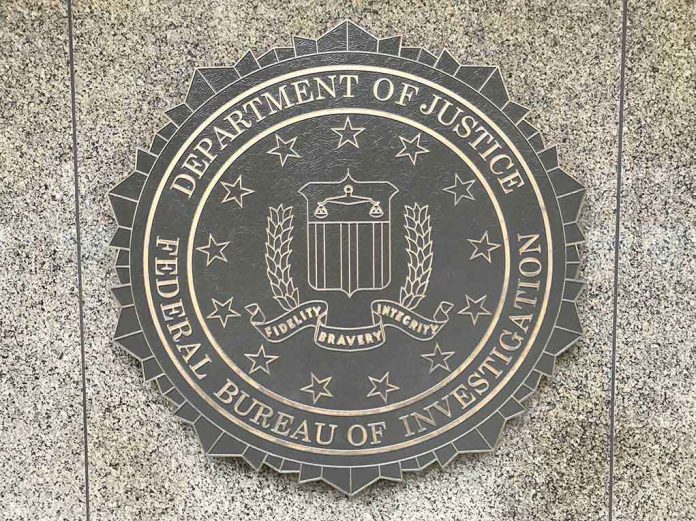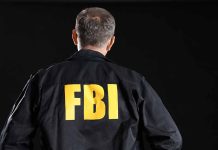
Ken Klippenstein’s recent encounter with the FBI has sparked serious concerns about press freedom in the United States.
At a Glance
- Ken Klippenstein faced an unsettling FBI visit over content allegedly linked to hackers.
- The FBI’s visit highlighted fears of journalists’ self-censorship and influence by federal agencies.
- Press freedom is threatened globally, with over half of countries considered unsafe for journalists.
- Surveillance is negatively impacting journalism and complicating source protection.
Ken Klippenstein’s FBI Factor
Ken Klippenstein, an independent journalist, recently published content associated with hackers linked to Iran. Despite the alarming implications, this led to a visit from the FBI without a search warrant. Klippenstein shared his unsettling experience on Substack, asserting the interaction was a form of intimidation. This event follows his platform X suspension for supposedly disseminating private information about JD Vance, agitating fears of increased federal agency influence on press freedoms and democratic rights.
Press freedom is globally endangered with more than half of the countries labeled unsafe for journalists according to the 2023 World Press Freedom Index. Consequentially, the safety of journalists continues to deteriorate, reflecting a larger issue within backsliding democracies and authoritarian regimes.
Global Impacts on Journalists
The Israel-Gaza conflict has manifested as the deadliest period for journalists since 1992. The number of journalists killed in conflicts highlights the significant global threats against journalist safety and the continuing disregard for impunity. Eighty percent of journalist murders remain unsolved. This underlines the urgent need for international intervention, calling for governments to enact laws that protect journalists while holding perpetrators accountable for their actions.
A report highlights the adverse impact of large-scale U.S. surveillance on journalists, undermining their ability to freely report issues of public interest. Surveillance has created an atmosphere of fear and secrecy, causing journalists to adopt sophisticated methods to protect their communications and sources, ultimately obstructing the flow of crucial information. “The work of journalists and lawyers is central to our democracy,” said report author Alex Sinha. “When their work suffers, so do we.”
The Path Forward
For democracy to thrive, protecting press freedom should be a major concern created through robust international efforts. Governments need to implement transparent laws that ensure journalists’ safety and foster an environment where information can be freely disseminated without fear of retribution. Civil societies and organizations like Forbidden Stories continue to support press freedom by raising awareness and maintaining the works of silenced journalists. The media’s role in society is critical as declines in press freedom often prelude broader democratic health issues, necessitating vigilant preservation efforts.
As press freedom faces increased threats globally and the domestic protection of journalists becomes more dubious, collaborations with international organizations and initiatives such as the Global Campaign for Media Freedom and the Global Media Defense Fund are indispensable. These efforts provide structural support to independent journalism, incentivizing democratic progress and counteracting media manipulative tactics practiced by autocratic regimes. It is imperative that democracies worldwide embrace and bolster these endeavors.
Sources
1. ‘US surveillance hampering work of journalists and lawyers’









